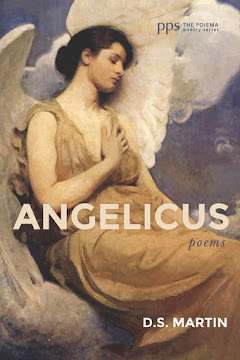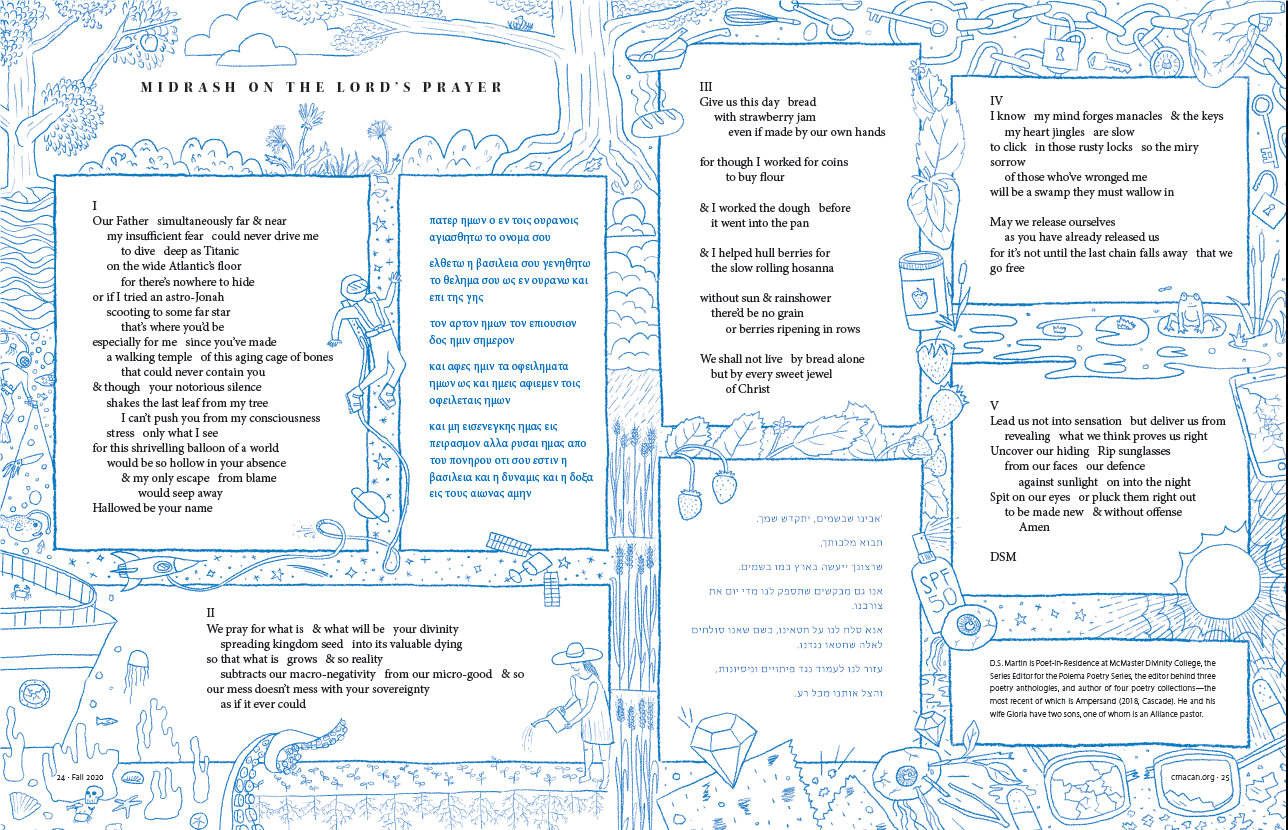 Margaret Avison (1918–2007) is one of Canada’s foremost poets, and the recipient of numerous awards. Twice she has won the Governor General’s Award for poetry, and is an officer of the Order of Canada. When she received the Griffin Poetry Prize for Concrete and Wild Carrot (2002), the judges described her as “a national treasure”.
Margaret Avison (1918–2007) is one of Canada’s foremost poets, and the recipient of numerous awards. Twice she has won the Governor General’s Award for poetry, and is an officer of the Order of Canada. When she received the Griffin Poetry Prize for Concrete and Wild Carrot (2002), the judges described her as “a national treasure”. Her conversion to Christian faith came in early 1963, and has been a dominant feature of her poetry ever since. What makes her poems stand out, among the work of so many poets, is the way they grow deeper and deeper with subsequent readings. Their density, initially obscured through her unorthodox sentence structure, slowly reveals their meanings. The following poem comes from her collection Momentary Dark (2006).
Exposure
Every living thing
as a mass or a
morsel, or one who moves with
the speed of light, alike —
each, in His miracle of
particularity,
the Lord knows.
What is left, as though unknown
by the Knower’s and
the rebel’s mutual
consent, the psalmist calls
chaff in the wind.
Even a pear on a
leafy July bough,
or a begrimed
pear on a downtown fruit stand,
or a pale piece of pear in a
hospital dish proffered
a toothless mouth,
blank now toward
sustenance, and breath:
even such pears also are
known.
But unlike other
living things
being slow, slow to learn
in this interlude,
life, just being under
the sun, we
vacillate between awe, and
apprehension lest we be known.
The Knower, knowing, waits
our turn.
Posted with permission of McClelland & Stewart, and of Joan Eichner.
My interview with Margaret Avison appeared in Image in 2005. Subsequently it was republished in Margaret’s autobiography, I Am Here And Not Not-There in 2009 by The Porcupine’s Quill.
This is the first Kingdom Poets post about Margaret Avison: second post, third post.
Entry written by D.S. Martin. He is the award-winning author of the poetry collections Poiema (Wipf & Stock) and So The Moon Would Not Be Swallowed (Rubicon Press). They are both available at: www.dsmartin.ca






















